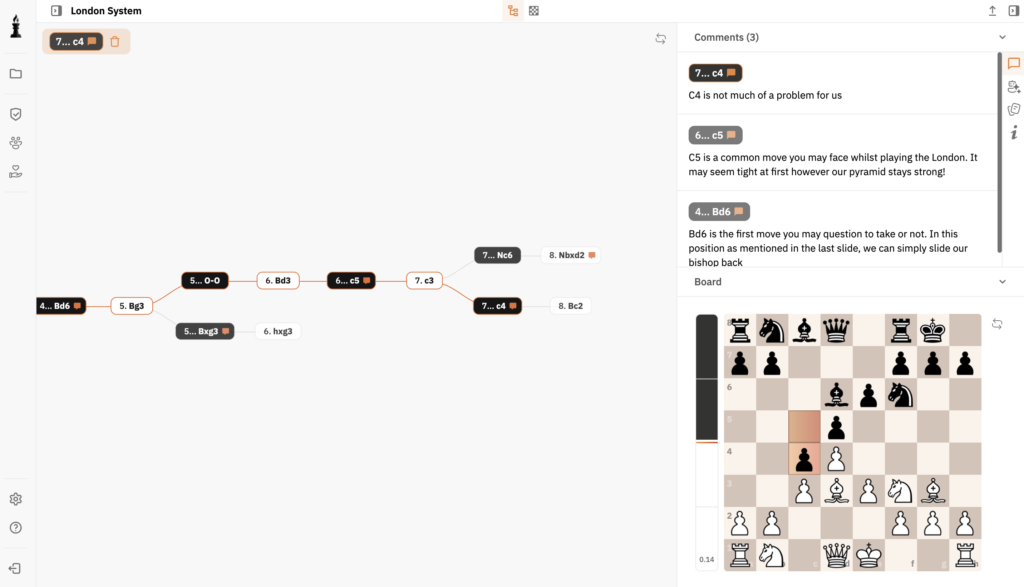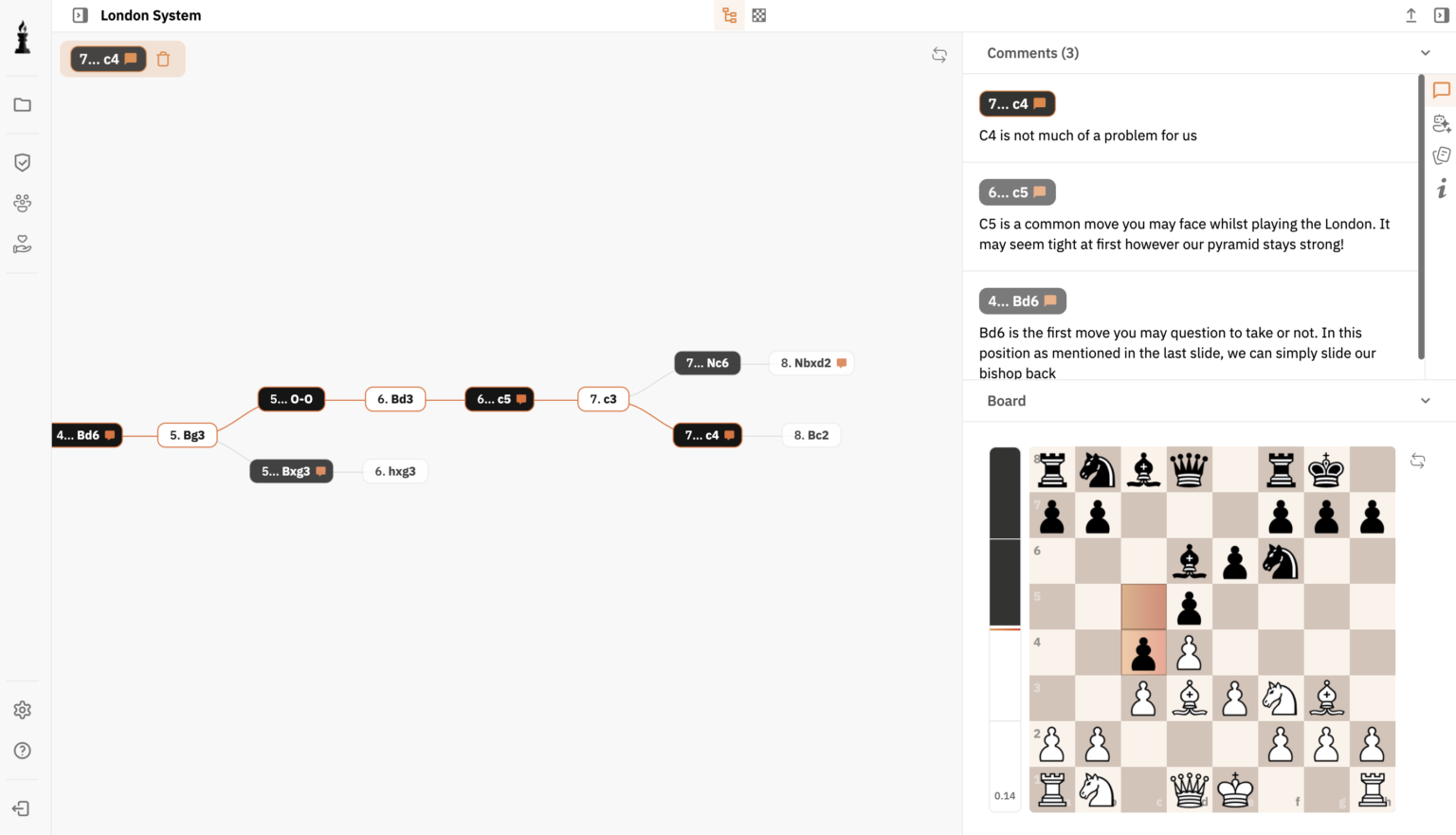Chess endgames are often thought of as the ultimate test of a player’s strategic understanding and tactical acumen. Unlike the opening or middlegame, the endgame requires a distinct set of skills and a deep appreciation of fundamental concepts like opposition, zugzwang, and promotion.
Understanding Chess Endgames
The endgame in chess is defined as the stage of the game where only a few pieces remain on the board. The primary goal during the endgame is often to promote a pawn or force a checkmate using minimal resources. This contrasts with the major objective of the opening, which is rapid piece development and establishment of a stable pawn structure.
Key Endgame Principles
Several key principles direct the play in the endgame. Understanding these can significantly improve your play:
Centralization: Kings must be active participants in the endgame. Unlike in the opening or middlegame, the king is not a target but an attacking piece that should be centralized to aid pawn promotion or support other pieces.
Opposition: Opposition is a critical concept, particularly in king and pawn endgames. It refers to a situation where two kings stand on the same rank, file, or diagonal with an odd number of squares between them. Maintaining opposition can help a king control key squares and advance pawns.
Zugzwang: A player in zugzwang is in a position where any move will worsen their position. This peculiar position often arises in the endgame and can be orchestrated to an advantage, forcing the opponent into a losing position.
Notable Endgame Techniques
The application of specific techniques is critical in endgames:
Pawn Promotion: Advancing a pawn to the eighth rank transforms it into a queen or other piece, dramatically altering the position’s dynamics. Knowing how to shepherd a pawn to promotion is a key skill.
Roles of Minor and Major Pieces: Understanding the value of minor (bishops, knights) and major pieces (rooks, queens) is vital. Rooks are often more effective in open positions typical of endgames, whereas knights can become less influential.
Famous Endgame Studies
Endgame studies have historically captivated chess enthusiasts. Many were composed to highlight beautiful and unexpected solutions that emphasize creativity and logic. Famous composers like Francois-André Danican Philidor have contributed significantly to this art, exploring themes like the effectiveness of the Louis-Charles Mahé de La Bourdonnais approach, which favored exchanging major pieces to focus on pawn advantages.
Practical Application in Modern Chess
Contemporary players like the Mikhail Chigorin have shown the significance of endgame mastery. In modern chess, understanding zugzwang, opposition, and other endgame principles can turn seemingly drawn positions into decisive victories. Players also employ tools like Stockfish to analyze and learn from potential endgame scenarios.
Training Resources
For those interested in deepening their endgame knowledge, resources like the Italian School offer a Renaissance approach to understanding new strategies and historical perspectives leveraging optimal techniques.
Understanding the principles and strategies behind endgames offers players the power to leverage minimal resources to gain advantages. With practice and the right resources, chess enthusiasts can dramatically improve their endgame play and overall understanding of the game.
Improving endgame skills involves studying key concepts like opposition, zugzwang, and pawn promotion. Engaging with endgame books, practicing with software like Stockfish, and solving endgame puzzles can also be highly beneficial.
Learning the endgame is crucial because it helps players convert advantages from earlier stages of the game into wins or salvage draws from seemingly losing positions. Mastery of endgames enhances strategic thinking and decision-making abilities.
Figures like Francois-André Danican Philidor and Howard Staunton have made significant contributions to endgame theory. Their work laid the foundations for modern endgame studies, influencing generations of chess players.
Many resources, including books, online courses, and chess engines like Stockfish, offer avenues to study endgames. Additionally, historical studies and the teachings of chess schools such as the Italian School provide valuable insights.





